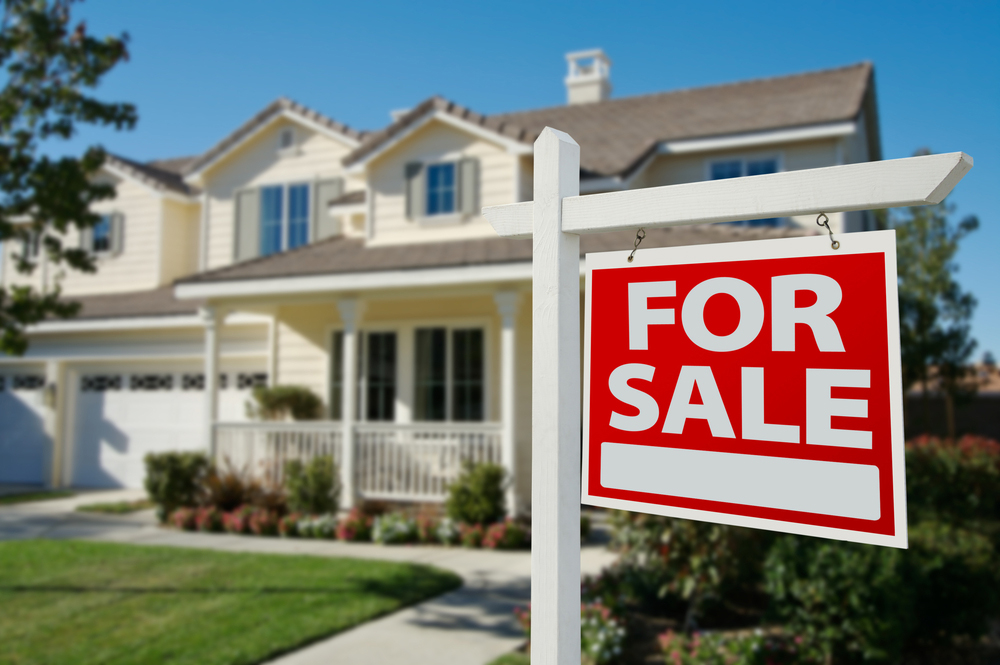
Everyone wants to minimize taxes owed, but the suitability of an investment for you is more important than whether you may, at some time, owe capital gains tax on it. The point is to handle capital gains and not avoid attractive investments that may generate the tax.
KNOW THE FACTS
Long-term capital gains apply to the appreciation of assets you sell after owning them for more than a year. Gains on assets sold within a year of purchase are taxed as ordinary income.
Long-term federal capital gains taxes are 15% to 20% and may be as low as 0% for lower income taxpayers, potentially making capital gains less costly than regular income tax. Remember to budget for the tax you’ll owe on gains.
HARVEST LOSSES
Sell losing investments and replace them with assets that offer more promise. Then offset realized capital gains with those losses. But be aware that you’II lose your tax advantage if you repurchase identical securities within 30 days of selling them.
Remember, all of your investments should help move you closer toward your finanical goals, even if it means paying capital gains taxes.


